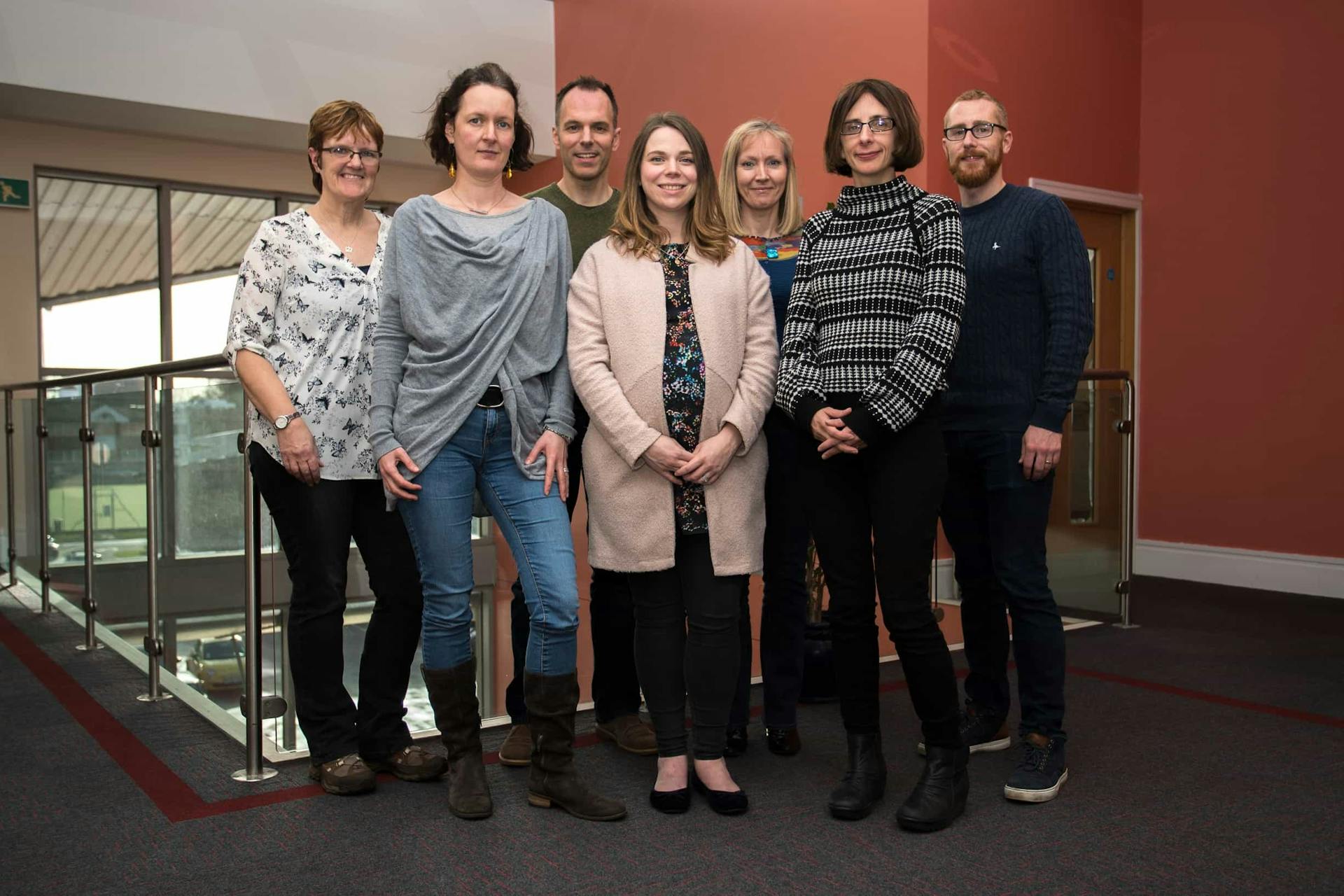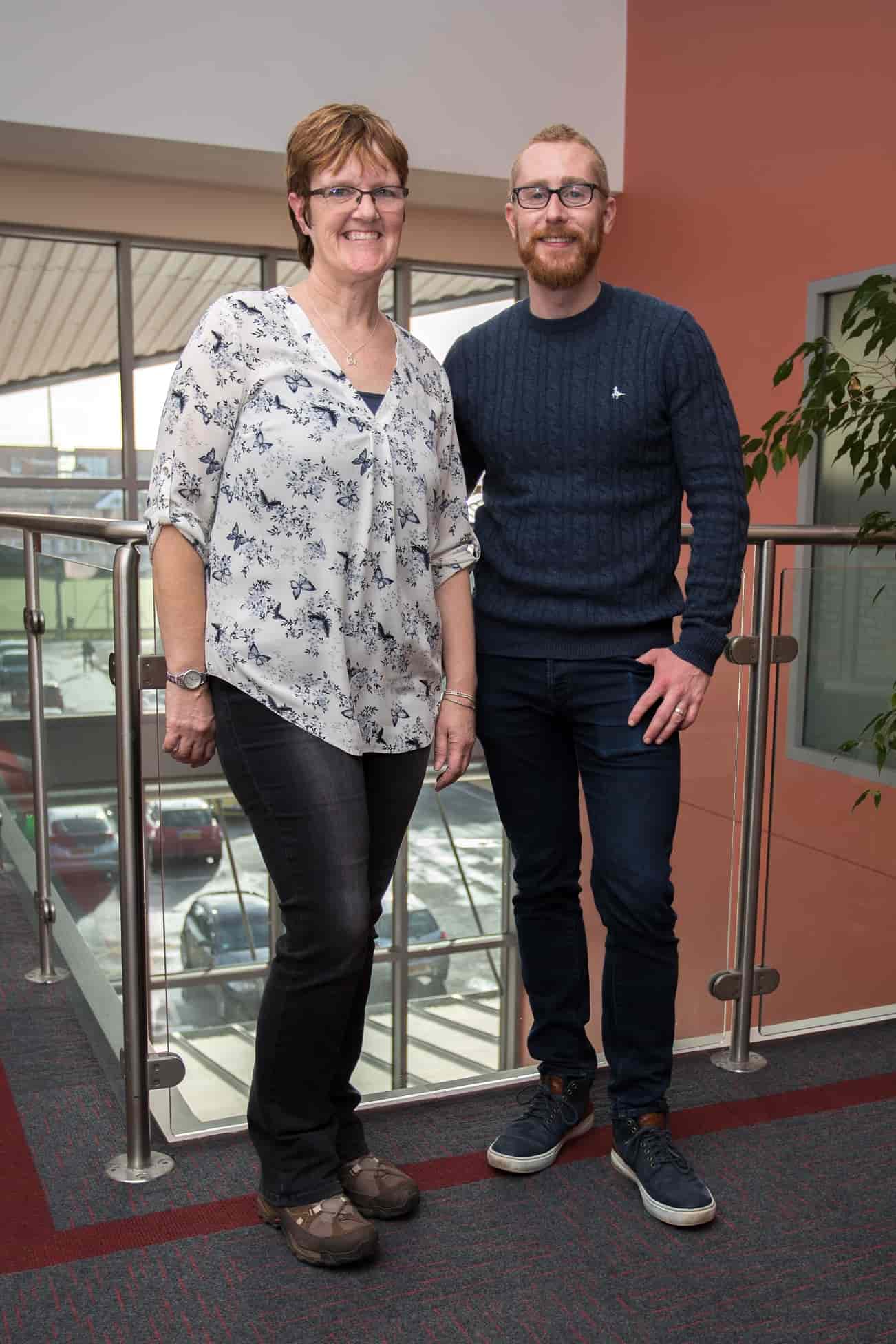Universities Handed £34,000 to Develop Psychological Support for Cancer Patients
updated on Feb 20, 2018

Two universities have been handed thousands of pounds by Macmillan Cancer Support to help develop psychological support for patients with terminal cancer.
The charity has awarded £34,000 to the University of Chester and the University of Edinburgh as part of a new research study to help patients in palliative care service.
It is part of year-long pilot scheme aiming to start next month, and will run in partnership with terminal illness charity Marie Curie to provide Acceptance and Commitment Therapy (ACT) based therapy sessions to cancer patients preparing for specialist palliative care services.
Those involved receive one-to-one therapy sessions over a six-week period.
Patients have been told that their cancer cannot be cured, but specialists insist this does not necessarily mean that they have reached the end of life.
The research team hope that this will lead to a larger programme of work researching the benefits of ACT for people with cancer and other life-limiting conditions.
Nick Hulbert Williams, Professor of Behavioural Medicine at the University of Chester, who is leading the research study said:
“Receiving a cancer diagnosis is a huge event in anyone’s life. To then find out that the illness cannot be cured can be psychologically devastating for some people.
“We currently have very little knowledge about how different kinds of psychological therapy can help people at this difficult time, but I know from my own work as a coaching psychologist providing support to this group that ACT seems to bring benefit. This will be one of the first studies that begins to empirically explore the benefits of ACT for this group of patients.
“By improving distress levels in the palliative stage of illness, we hope that our participants may be able to live a more meaningful and high quality of life, regardless of how short their remaining life may be. This may also have benefits for the families of those patients too, in that it may facilitate more open discussions about, and planning for, the end of life.
“We are very excited to be working with both Marie Curie Hospices and Macmillan Cancer Support on this project, as we hope that their involvement will help us to get the intervention out there and used in real world settings, if the data demonstrate it to be a worthwhile approach.”
Previous research led by academics at the University of Chester has already shown that ACT may help cancer survivors to "become more resilient to suffering and psychological distress"..’

Sue Millington, a patient representative and Professor Nick Hulbert-Williams project lead for the study
Dr Anne Finucane, Research Lead for the Marie Curie Hospice, Edinburgh, one of the clinical sites where the research will be delivered, said:
“The diagnosis of a terminal illness is very distressing. We are delighted to be part of this research study which will increase our knowledge and understanding of the best ways to offer emotional support to people recently diagnosed with a terminal illness.
"This will ensure that people cared for by Marie Curie will continue to live well and meaningfully, despite the challenges they face.”
The research team is extended to cancer suffers along with their families.
One of the members of the research team is Sue Millington, a local patient representative on the project, said:
“My cancer diagnosis made me feel very isolated, like no one could really understand how I felt. It was a time when I felt I had no control, and when everything felt so overwhelming and scary.
"Using ACT enabled me to learn and use strategies to calm my brain and gain acceptance of what I was going through. I feel privileged to be part of a research study that could help other people at a time when they may feel most isolated and fearful."

